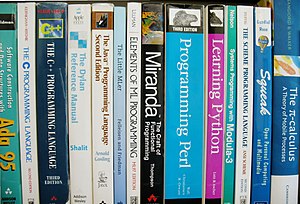Take a simple PHP trick and follow it on a huge tangent to the philosophy of good web architecture.
Presentation was given as Flash Talk at Automattic Meetup in Seaside on September 2010. Presentation originally a long form, but in the spirit of things, I have cut it down.
Automattic is the company I work for. The company is distributed worldwide and once a year we gather at a remote location and meet face-to-face. This year, all the employees are taking a little time during the meetup to compose and give at least one presentation for each other, talking about any subject we are passionate about.
This is based on a PHP Advent article I wrote almost two years ago and formed a low key presentation I used to give in 2009 at conferences. I thought it’d be nice to give a more “traditional” PHP talk—but one which I felt the audience at large could relate to—at the meetup
I hope you enjoy it.



